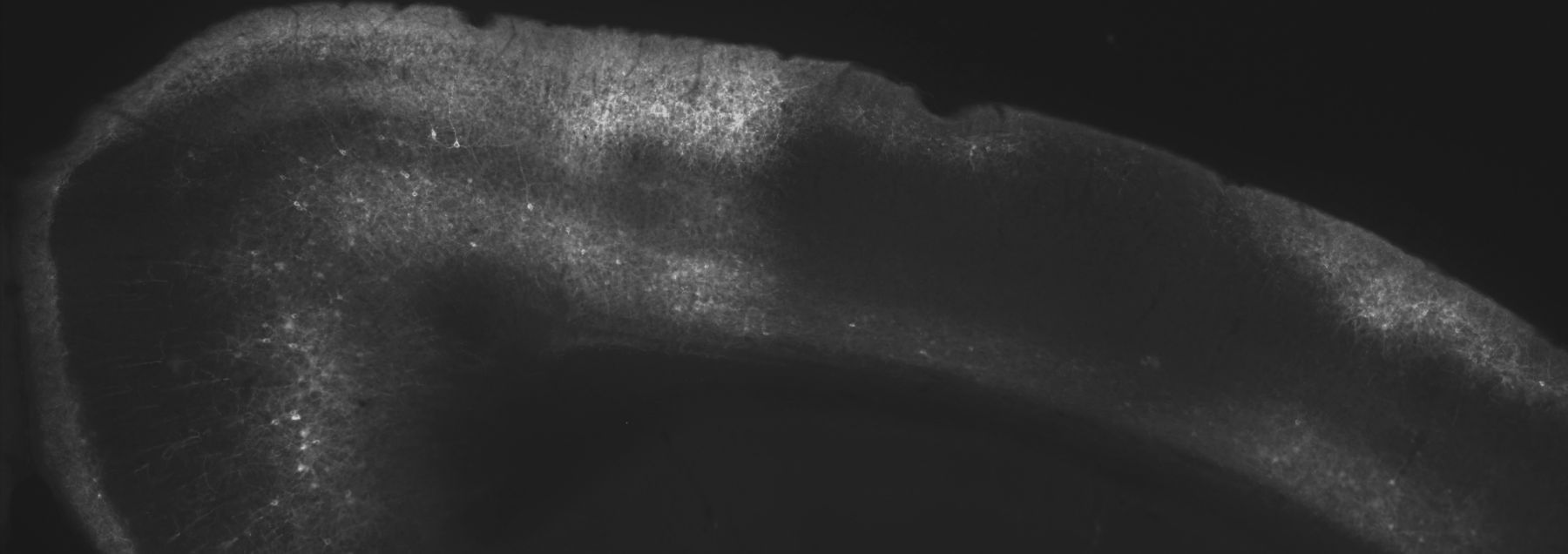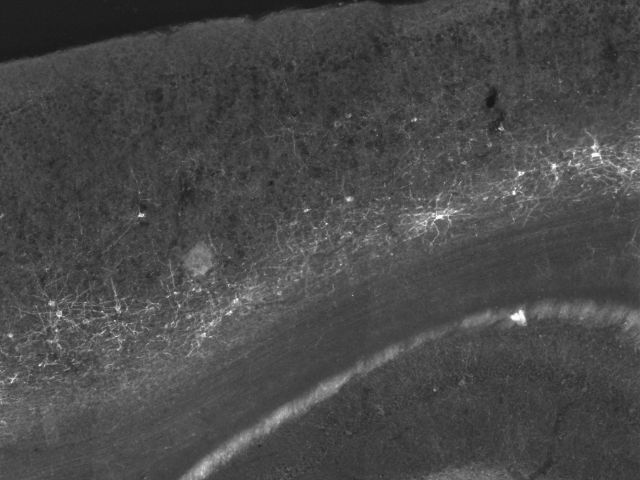Circuit interactions between retrosplenial cortex, thalamus, and the hippocampus in support of adaptive spatial cognition and episodic memory in health and disease.
Our laboratory examines circuit mechanisms of spatial transformations and spatial cognition, systems interactions that promote memory and navigation in health and disease, and the generation and storage of internal models used to guide behavior. We take a systems-level approach to examine ensemble interactions between the neocortex, thalamus, and the hippocampal formation in mice and rats performing navigation and memory tasks. We combine cutting edge techniques for monitoring neural activity, circuit perturbations, and closed-loop behavior, to bridge biological mechanisms with higher-order cognitive processes and neurological disease states. With these experiments, we will seek to understand fundamental questions pertaining to human cognition, namely concerning the formation and storage of long- and short-term models of the external world using sensory information and the use of those models in guiding goal-oriented behavior and prediction.
Our work is generously supported by the NIH National Institute of Neurological Disease and Stroke, the Department of Energy Collaborative Research in Computational Neuroscience, and the Whitehall Foundation.



